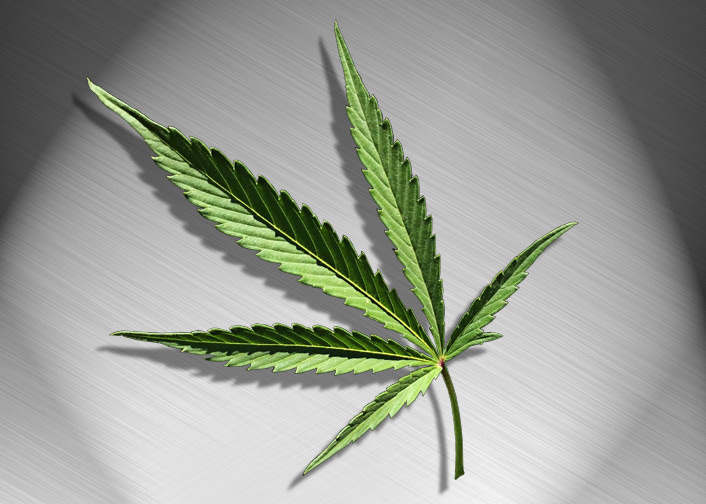| If you want to start an argument, try saying the legalization of marijuana has led to an increase in automobile accidents nationwide. You may have read recently that the AAA Foundation for Public Safety released a new study showing an increase, since the legalization of pot there, in the percentage of Washington state drivers involved in accidents who had used the drug within hours of their crash. Similarly, the Utah Highway Safety Office reports an enormous |
| | increase in the percentage of drivers involved in fatal accidents who have marijuana in their systems, even though the drug remains strictly illegal here for any use. Yet virtually all news stories on the subject attract comments from marijuana apologists arguing it is impossible to know whether use of the drug caused the accident. And the trouble is, they are right — at least to an extent. The United States has embarked on a huge social experiment involving a drug whose effects we know little about. Even Utah lawmakers considered making marijuana legal for medical reasons this year, with hearings consisting mainly of anecdotal testimony from people who said it helped them. This is because the science is lacking. Doctors who might want to prescribe it know little about dosages or specific applications. People who use it … just use it. It works for some, and not for others. The federal government continues to classify marijuana as a Schedule 1 drug, which discourages federal funding for research. Utah lawmakers this year didn’t pass a medical marijuana law after all, but they did pass a resolution calling on Washington to make it a Schedule 2 drug, which would allow for greater study. That’s the right order — gather facts, then consider laws. Unfortunately, order has little remaining relevance to this subject. Nearly half the states now allow marijuana use in some form, at least for medicinal reasons. A recent AP-NORC poll found 61 percent support nationwide for legalization of some sort, which is a new record. We just don’t know what we’ve unleashed. First, let’s dispel the myth that smoking marijuana doesn’t impair people behind the wheel. You don’t have to search long to find academic studies that put this to rest. Beyond that, however, things get blurry in a hurry. People can test positive for marijuana long after they ingest it, and long after it has stopped impairing them. Further, there appears to be little correlation between the amount of the drug used and its effects. In short, it varies. One study published in the Oxford Journal of Analytical Toxicology measured the types of skills needed to properly drive a car and react to road conditions and found that occasional smokers became much more impaired than frequent smokers. Apparently, the study suggests, people become tolerant to the drug after frequent use. About a dozen states have passed laws that set specific limits on blood content for marijuana. Experts say this is worse than useless; it’s dangerous. The AAA Foundation suggests doing away with legal limits and training some police officers to administer a battery of tests to confirm impairment, followed by blood tests. The Washington Post quoted a AAA official saying this would place the burden of proof on the driver to show he or she wasn’t using pot. In the midst of this confusion, let’s dispel another myth. The drive to legalize marijuana has no historical equivalent to the effort to repeal prohibition. When the 18th Amendment was ratified, it put an immediate halt to a liquor industry that was large and thriving, with standards of quality and established supply chains. When states began legalizing marijuana, the legal industry had to start from nothing, including knowledge about what it does. It’s natural that a new, legal industry will lead to an increase in usage of the drug. It’s also obvious that the drug can, to varying degrees, cause impairment, and maybe help some people live with pain. It also probably has long-term detrimental health effects, according to the National Institute on Drug Abuse. Since much of the nation seems determined to accept this drug anyway, the least we can do is encourage the kinds of rigorous scientific studies to tell us what that means. |


 RSS Feed
RSS Feed

